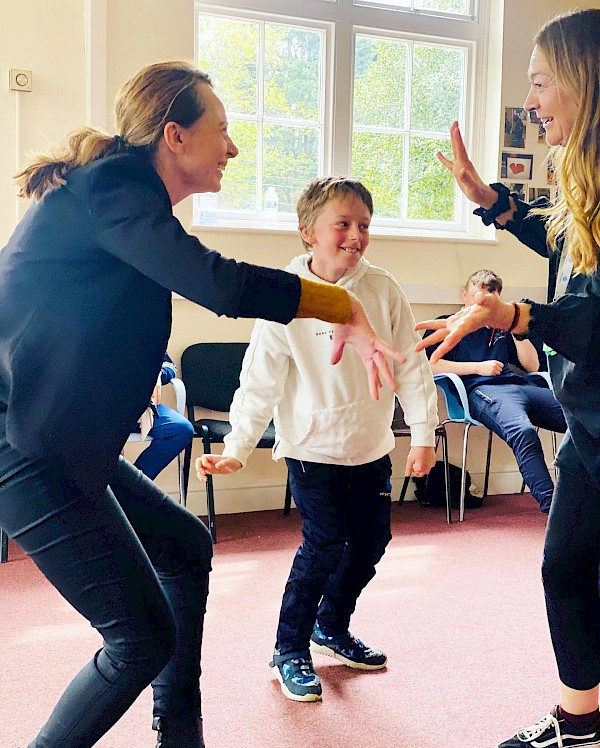In Key Stage 3, the programme incorporates areas of both National Curriculum and Functional Skills standards to meet the needs of the individual, covering all aspects of reading, writing, grammar and spoken English. Students are provided with further opportunities to develop an appreciation and love of reading outside of their daily English lessons with focused reading intervention sessions. These sessions enable students to further develop their confidence and understanding through reading a range of material across a variety of genres, whilst engaging in discussion of relevant issues/themes linked to the text.
The majority of students will follow a Functional Skills based programme which will aim to ensure they have good communication skills in reading, writing, speaking and listening. They are then able to adapt these skills for use in everyday situations. Certification is available at Functional Skills Entry Level 1 through to Level 2.
For students that have not reached the level required for functional skills, we offer access to AQA Step-Up-English Silver and Gold, which enables students to achieve at entry level 1, 2 or 3. This is a unitised programme consisting of non-examined assessments that students can complete when they are ready.
Students that are making expected progress for their age will follow a learning path for GCSE English Language, providing the opportunity to study a wider range of both nonfiction and fiction texts. We use the Cambridge IGCSE English language 0990 qualification which gives our students the opportunity to complete three pieces of written coursework: non-fiction writing, descriptive writing and narrative writing. Together, these make up 50% of the student’s exam grade. Students will also sit one exam paper and will have the opportunity to get accreditation for their speaking and listening.
By the end of Key Stage Four, the English curriculum aims to ensure that all pupils:
● become resilient and resourceful learners with a ‘can do’ attitude;
● understand explicit and implicit meanings in a range of literary heritage and modern texts;
● make connections across these texts;
● use skimming, scanning and summarising skills to understand main ideas in a text;
● comment/explain/analyse language use and evaluate ideas and perspectives;
● write effectively to suit audience and purpose;
● use standard English;
● develop vocabulary to enrich;
● develop an understanding of correct grammar usage, punctuation as well as improving spelling;
● listen to and understand spoken language and use spoken Standard English effectively; and,
● generate and share ideas using critical thinking skills.
